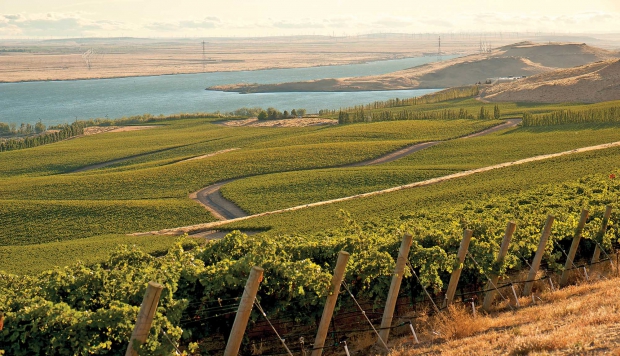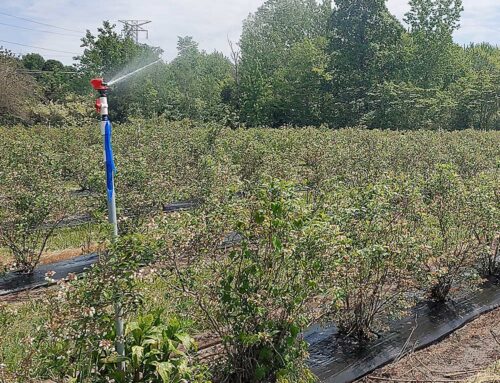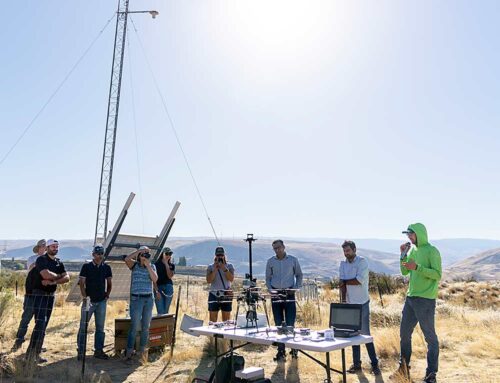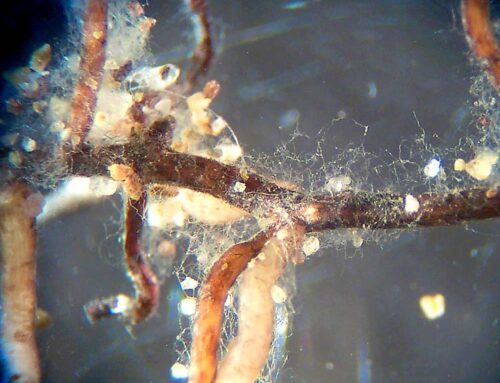
Some of the blocks at Canoe Ridge Estate, first planted in 1991, are scheduled for replanting. As part of the replanting, Ste. Michelle Wine Estates will include a small rootstock trial. (Courtesy Canoe Ridge Estates)
Chateau Ste. Michelle Wine Estates will compare the nematode resistance of four rootstocks in a rootstock trial to be planted at its Canoe Ridge Estates near Paterson, Washington. A small trial to compare the efficiency and survival of bench-grafted and field-grafted vines will also be included.
Washington State University recently completed a comprehensive rootstock trial, but this is one of the first full-scale rootstock studies to take place in a commercial vineyard in the state.
WSU’s Dr. Michelle Moyer designed the new trial, which she will supervise along with U.S. Department of Agriculture’s Dr. Inga Zasada. Dr. Markus Keller, WSU viticulturist, will help with some of the data collection.
All four rootstocks will be bench-grafted to Chardonnay clone 15, which will be the scion of all the vines in the trial, according to Bill Riley, senior viticulturist for Ste. Michelle. Chardonnay clone 15 on its own roots will be planted as the control, along with a self-graft of Chardonnay clone 15 rootstock to Chardonnay clone 15 scion as a second control. This will provide a control for evaluation of any effects of grafting.
The rootstocks included in the trial are: 101-14 Mgt (Millardet et de Grasset), Teleki 5C, 1103 P (Paulsen), Harmony, and Chardonnay clone 15.
The six treatments will be replicated four times in a randomized complete-block experimental design. Each treatment will consist of one row of 105 vines, with the six rows contiguous. All total, the trial will involve 24 rows of vines.
Riley says another small trial will compare different propagation techniques of bench grafts and field grafts. Washington grape growers have little experience with bench or field grafts because most vines are planted on own roots.
“The propagation trial will consist of two rows of 105 vines each, with half of the vines in each row either bench-grafted or grafted in the field,” he said. “We’re doing this to see how the field graft compares to bench grafts.”
Rootstock for the grafting comparison will be 101-14 Mgt and Chardonnay clone 15 as the scion. Both trials will be planted in 2015.






Leave A Comment